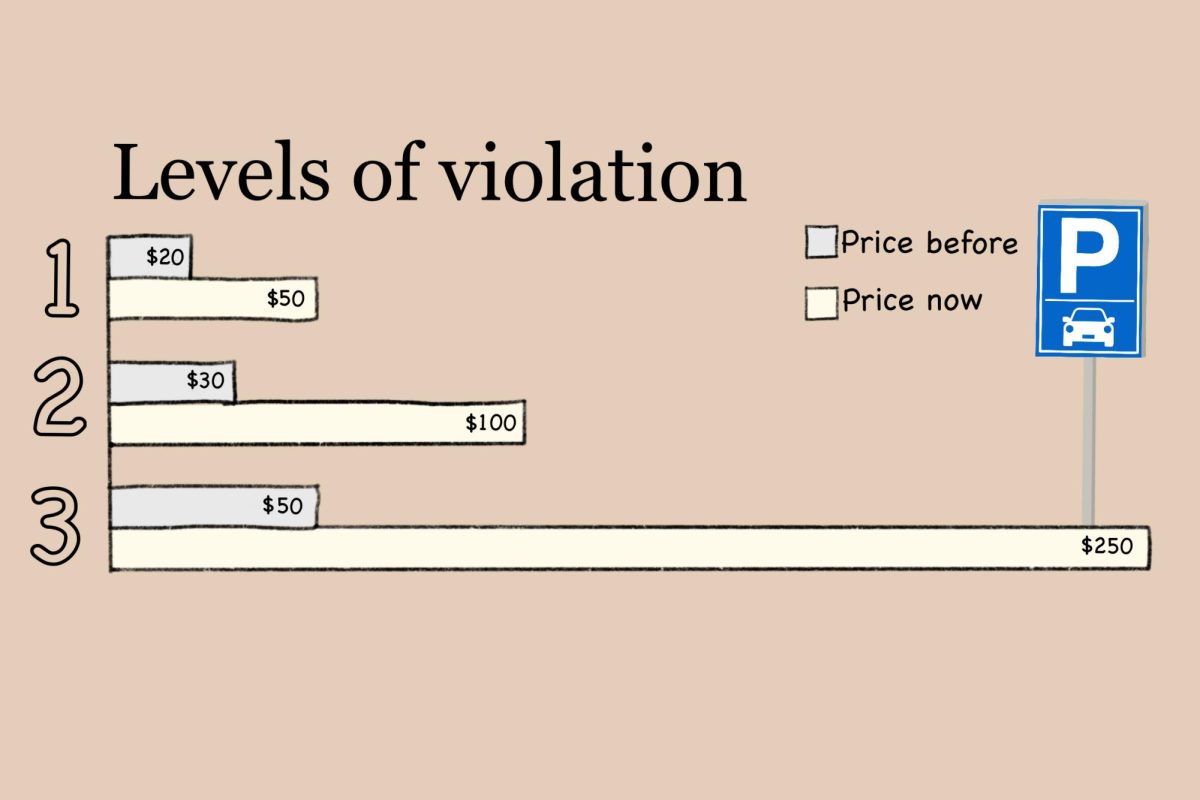A recent study found nearly half of young adults, in and out of college, commonly struggle with at least one substance use disorder and typically do not seek help with substance abuse.
Substance abuse is a growing and common problem among young adults aged 18-24. Texas State associate psychology professor Ty Schepis and Iowa State University psychology professor Brooke Arterberry examined how prevalent substance use disorders are among young adults.
The researchers’ findings showed nationwide a large number of young adults in and out of college struggle with abusing a substance and form addictions to what is called a substance use disorder, or SUD.
Other researchers involved in the study included Sean Esteban McCabe, Carol Boyd and Brady West of the University of Michigan. The goal of the study was to learn about the prevalence of SUDs within the college-aged young adult population. Researchers hoped to discover the number of struggling young adults that sought help and successfully entered remission.
Together, researchers helped create and refine study questions, form hypotheses and analyze data. The group analyzed data from the 2012-2013 National Epidemiological Survey on Alcohol and Related Conditions. The survey details college students and similarly-aged non-college peers’ histories with substance abuse issues. Researchers also held face to face interviews with both non-college and college aged young adults.
Arterberry discovered about two in five young adults reported addiction to a substance and developed an SUD. Upon further investigation, Arterberry found the prevalence of SUDs does not affect one group of young adults in particular. SUDs are just as prominent in both college students and non-college peers.
Around 40% of college students have repeatedly used substances and formed SUDs. Approximately 45% of non-college peers have repeatedly used substances and have had SUDs.
Homer Ramos, San Marcos resident, said substances like marijuana and alcohol are present almost everywhere. It is not difficult to understand how people can easily develop problems with such devices.
“I have college friends and non-college friends and both groups are exposed to weed and alcohol just as much as the other; it’s a really common thing,” Ramos said. “Maybe they don’t know it or won’t admit it, but there’s no way everyone drinking and smoking is immune to developing some sort of addiction.”
In discovering how frequently SUDs affect the young adult demographic, researchers found very few people seek help and recover when dealing with substance abuse. The study claims over half of college students with a SUD do not seek treatment, while about three in five non-college young adults do not seek treatment.
Schepis said although the study did not focus on or address why young adults do not seek treatment, some educated guesses can be made.
“Sometimes a lack of money or insurance is a barrier to treatment, sometimes a lack of awareness of treatment options and sometimes it is a lack of awareness about a problem,” Schepis said. “Young adults with problematic substance use do not actually perceive their use as a problem.”
Daniel Silvia, psychology senior, said when he struggled with developing alcohol addiction, he did not consider it a problem until others identified it for him.
“It can really be something you brush off,” Silvia said. “It’s kind of a scary situation you just don’t want to worry about. I can see how someone, with a lack of people who care for them, can slip into having an addiction they can’t escape from.”
One statistic from the study shows one in 100 students successfully fully recover without relapse. Due to the need for more time dedicated to the research, effective resources have yet to be discovered.
For resources provided at Texas State, contact Alcohol and Drug Compliance Services.
















